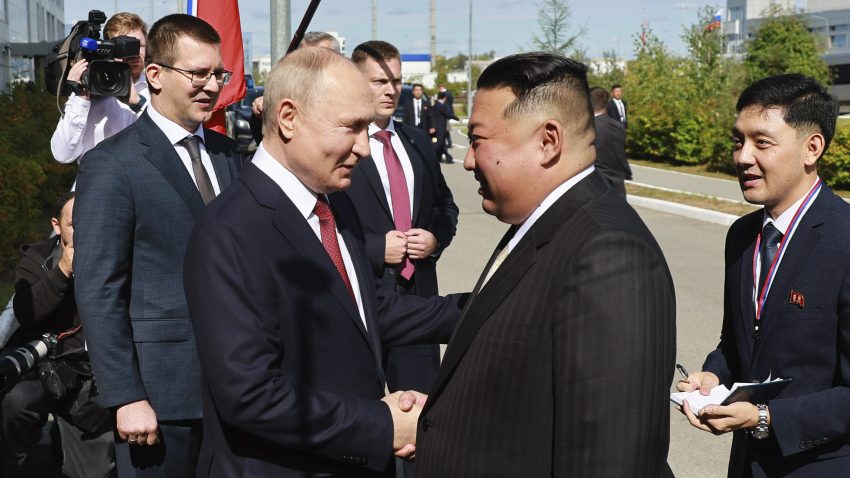Hello, everyone. Today at WPR, we’re covering China’s economic slowdown and far-right historical revisionism in Germany.
But first, here’s our take on today’s top story:
Russia-North Korea: Russian President Vladimir Putin and North Korean leader Kim Jong Un met today for the first time in four years in Russia’s far east. Kim called North Korea’s relations with Russia his top priority and pledged support to Moscow amid the war in Ukraine. (Washington Post)
Our Take: The goals and potential outcomes of Putin and Kim’s meeting are still subject to speculation. But Russia is reportedly offering North Korea technical support for its satellite and nuclear programs, in return for weapons and, potentially, personnel for the war in Ukraine.
Get the Daily Review sent straight to your inbox every weekday.
Regardless of desired outcomes, however, what has driven the two sides together is a shared desperation, albeit amid opposing trajectories.
- For Putin, that desperation stems from Russia’s weakened global position as a result of the war in Ukraine and questions about the Putin regime’s stability following Yevgeny Prigozhin’s attempted mutiny in June.
- For Kim, it stems from global isolation, even as North Korea builds on gains it has made with its expanding missile and nuclear weapons programs, putting the country in a stronger position than it has been in for years.
Still, Russia’s assistance to North Korea, if it materializes, would cross what was once a consensus red line in a liberal international order that is increasingly fracturing as geopolitical rivalries and global competition intensifies. Indeed, the breakdown of multilateralism not only removes disincentives to helping North Korea, but also paves the way for other isolated regimes, like Iran and Venezuela, to achieve their own “breakouts” in the global arena as well. We can expect to see more of the same moving forward.

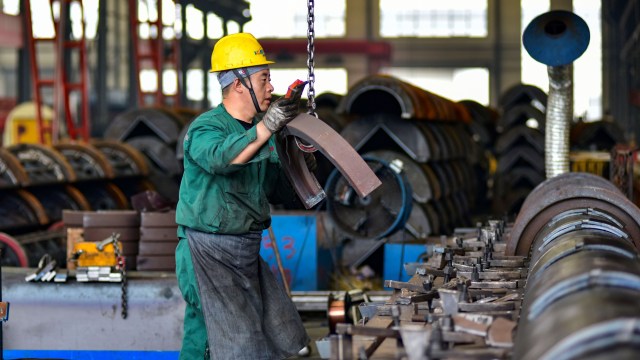
China’s Slowing Growth Won’t Be All Bad News for the Global Economy
With China’s economy slowing rapidly, many analysts around the world worry that a continued contraction in Chinese growth could potentially have an adverse global impact. Without China acting as the global engine of growth, they say, growth around the world could stall. But as Michael Pettis writes, the story is more complicated than that.
Germany’s Nazi Revisionism Problem Didn’t Start With the AfD
In Germany, the past three weeks have seen a vicious debate around claims that Hubert Aiwanger—the leader of the Freie Wahler party and deputy head of the Bavarian government—circulated antisemitic pamphlets as a high schooler almost 35 years ago.
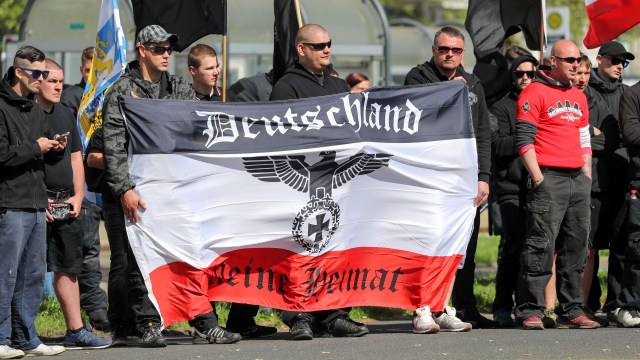
These debates illustrate how shallowly tensions over historical memory are buried in Germany and how quickly they can resurface. But as columnist Alexander Clarkson writes, it would be a mistake to assume revisionist anger like this is a new phenomenon in Germany.

We want to hear your take on the issues we cover. We’ll select one person from those who answer the question below to receive a free month extension of their WPR subscription.
This week’s question: U.S. President Joe Biden has framed competition with China as part of a larger global battle between democracy and autocracy. Earlier this week, however, Biden visited Vietnam, a repressive dictatorship, to shore up regional support to counter China. Should the U.S. partner with non-democracies in its efforts to counter China?

In Guatemala, President-elect Bernardo Arevalo said he was temporarily suspending the transition process and called on the attorney general to resign after government agents raided electoral facilities, opened boxes of votes and photographed their contents. Arevalo notified outgoing President Alejandro Giammattei that he would only return to the process once necessary conditions were met.
Arevalo—who has promised to crack down on widespread corruption—won Guatemala’s run-off presidential election on Aug. 20 after a surprise second-place finish in the first round. He and his party have already faced legal challenges from the country’s deeply entrenched political establishment, and it was expected that he would face further obstacles to becoming president. As James Bosworth wrote last month, however, Arevalo can succeed if the world pays attention.
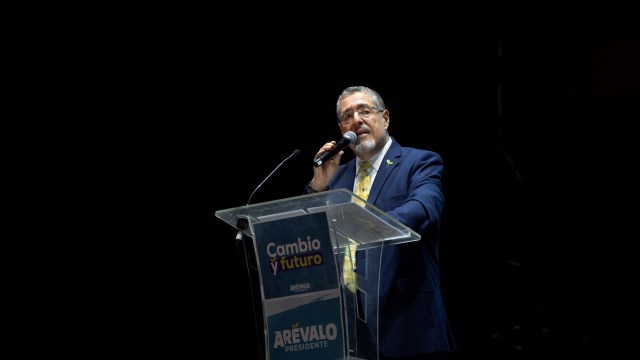
To Reform in Guatemala, Arevalo Will Need the World’s Attention
Aug. 28, 2023 | There are many reasons to be pessimistic that Bernardo Arevalo will succeed as Guatemala’s president. But he has a better chance if the world pays attention. Read more.
The British government on Tuesday passed a law that will stop prosecutions of killings by militant groups and British soldiers during “the Troubles,” the three-decade period of conflict and violence in Northern Ireland that killed 3,500 people and ended in 1998.
The law has been widely condemned by victims and survivors’ groups, all of Northern Ireland’s political parties and religious denominations, and the United Nations. As Jonathan Gorvett wrote last year, the law could sour London’s relations with Dublin and will likely only deepen the wounds of the Troubles, which for many are still raw.
A Northern Ireland Amnesty Bill Could Thwart Victims’ Fight for Justice
June 27, 2022 | The shadow of the Troubles will only grow longer if justice and accountability for the worst crimes committed during the conflict are denied. Read more.
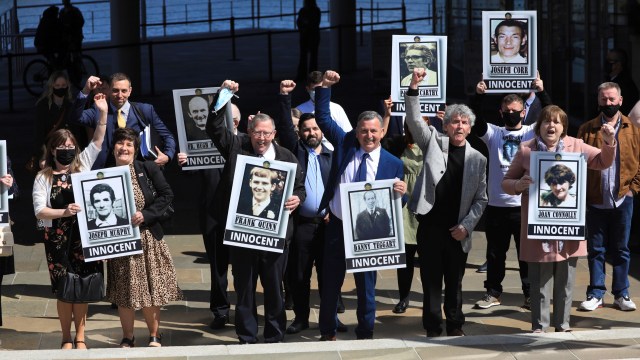
That’s all for today’s Daily Review. Coming up, we’re covering Georgia’s EU-Russia dilemma and how the U.N. can make progress on its sustainable development goals.
Have a great day,
Jakob Cansler
More From WPR
- Andrew Gawthorpe on U.S.-China competition and climate diplomacy.
- Charli Carpenter on the nuclear security debate.
- Richard Javad Heydarian on last week’s ASEAN summit.
- James Bosworth on BRICS’ de-dollarization dream.

